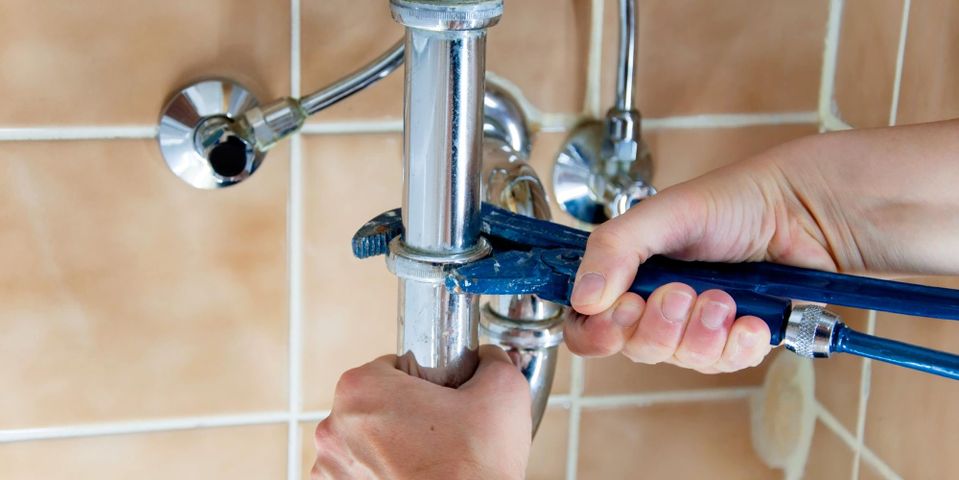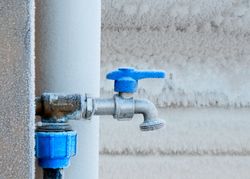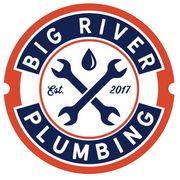
With winter just around the corner, it’s essential to prepare for the possibility of bursting plumbing pipes. When the temperatures drop and water runs through them, there’s a high chance the water could freeze. The subsequent expansion could put enough pressure on the pipe and cause it to explode. Thankfully, this problem is preventable. To better understand what to do about it, take note of the following.
What to Know about Bursting Plumbing Pipes
Basics
The pipes that are most likely to burst are those that are outside and in poorly insulated or unheated rooms, like a basement or garage. However, if you’re in a location prone to freezing temperatures, indoor piping is also vulnerable.
Those in the walls often cause the most destruction inside the home since the damage isn’t immediately visible. Depending on the size of the crack and the pipe’s location, the water leakage lead to water damage and mold throughout the house.
Signs of Freezing Pipes
 If you’re worried about the likelihood of a bursting pipe, keep an eye out for the signs of a freezing one. These are the most common:
If you’re worried about the likelihood of a bursting pipe, keep an eye out for the signs of a freezing one. These are the most common:
- No or Slow Flow: If the water has stopped running or is merely a trickle, it could have already started to freeze. Low water pressure is also linked to a broken pressure regulator, a faulty fixture, or a clog.
- Foul Odors: Water supply lines aren’t the only pipes that can freeze. Drainage pipes are also in danger, and if it’s partially clogged, you’ll catch the scent of the contents coming back into the house.
- Frosted Pipe: A telltale sign is if there is visible frost on the pipe itself. When this happens, thaw the pipe. You can try using a hairdryer or a space heater for minor instances, but call a professional plumber if that doesn’t work.
Prevention
As destructive as bursting pipes are, they are avoidable. One of the best ways to prevent your plumbing pipes from bursting is investing in insulation for both the house and the pipes themselves. Insulation helps stabilize the temperatures indoors and is useful even when the weather warms up again.
Pipe insulation serves the same purpose but does so directly. There are a few types designed for different applications, so it’s essential to consult a plumber on which to use.
When you need to take precautions and protect your pipes, get in touch with Big River Plumbing. Located in St. Paul, MN, these contractors have more than 20 years of serving residential and commercial clients throughout Washington and Dakota counties. If the pipes have already burst, they can help with any necessary repairs or replacement too. You can learn more about their 24/7 emergency plumbing services online but if you have questions, call (612) 286-5662 today.
About the Business
Have a question? Ask the experts!
Send your question

